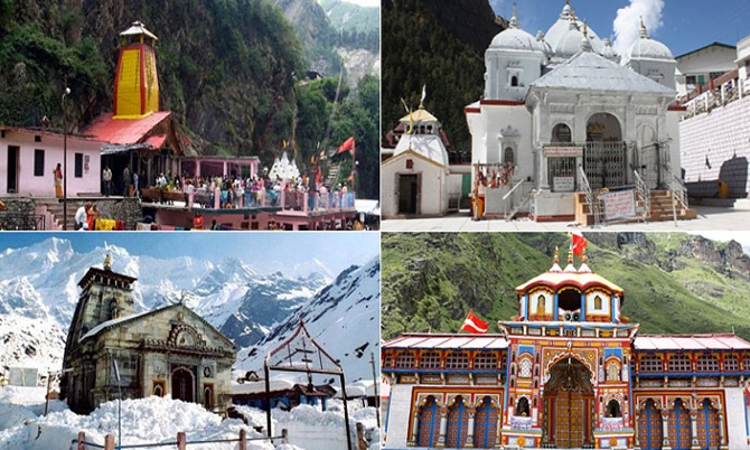Supreme Court Allows Defence Ministry's Plea To Allow Double Lane Widening Of Char Dham Highway Project
Mehal Jain
14 Dec 2021 10:57 AM IST

Next Story
14 Dec 2021 10:57 AM IST
The Supreme Court on Tuesday allowed an application filed by the Ministry of Defence for the double-lane widening of roads that are part of the 899-km Char Dham project in Uttarakhand.A bench comprising Justice DY Chandrachud, Justice Surya Kant and Justice Vikram Nath pronounced orders in the application filed by the Ministry of Defence seeking modification of the order dated September 8,...
